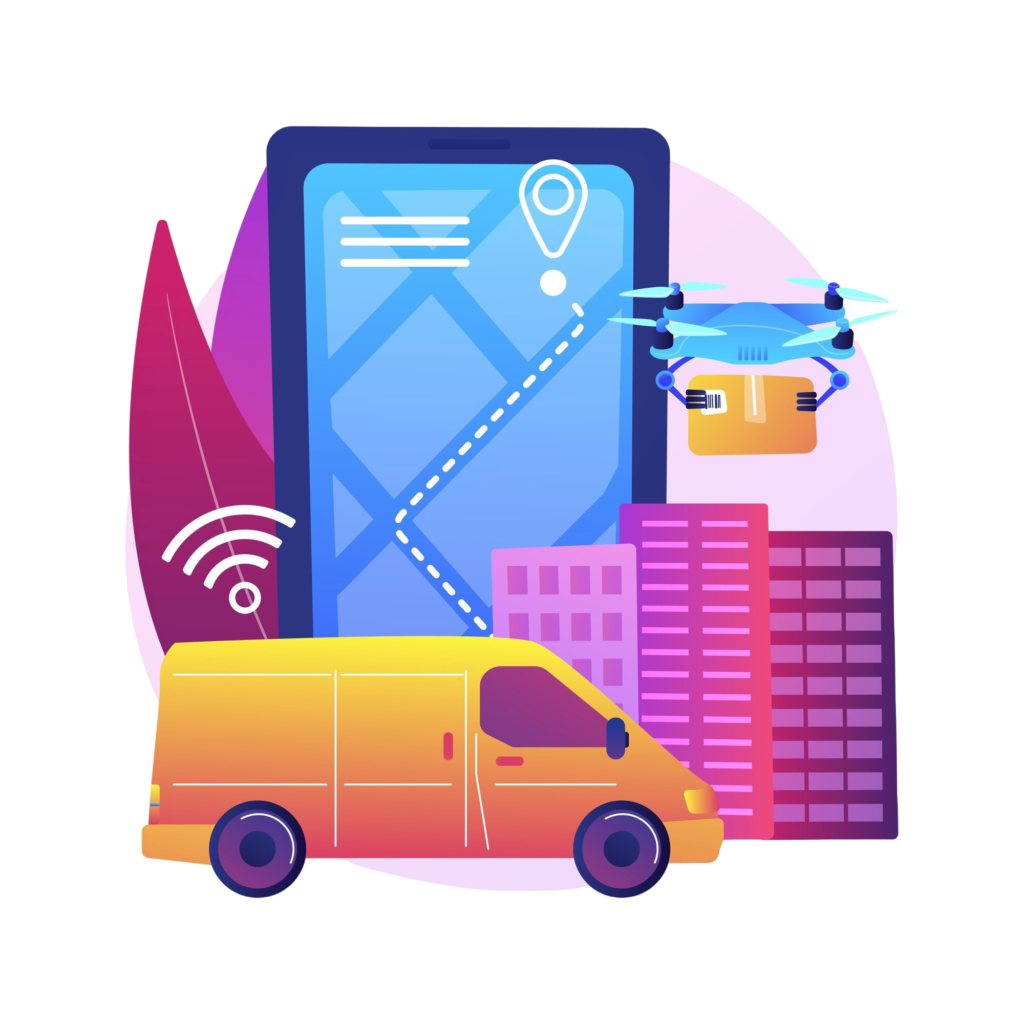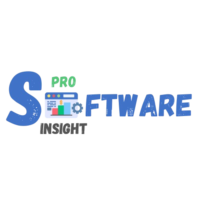The Ultimate Guide to Task Management Software 2025

Table of Contents:
Intro
- What is Task Management Software?
- Benefits of Task Management Software
- Challenges of Using Task Management Software
- Conclusion
Managing tasks effectively is the backbone of personal productivity and business success. Whether you’re leading a remote team, running a startup, or juggling multiple projects, having the right task management software can make all the difference. But with so many options available, how do you choose the best one for your needs?
In this guide, we’ll explore what task management software is, how it benefits businesses and individuals, the challenges you might face, and answers to common questions to help you make an informed decision.
What is Task Management Software?
Task management software is a digital tool designed to help individuals and teams organize, prioritize, and track tasks efficiently. These tools streamline workflows, improve collaboration, and enhance time management by offering features like task assignments, progress tracking, deadline reminders, and integrations with other productivity applications.
Modern task management solutions cater to various industries, from tech startups to healthcare providers, ensuring teams stay on top of their responsibilities without missing critical deadlines.
Benefits of Task Management Software
1. Enhanced Productivity and Organization
One of the primary advantages of task management tools is their ability to structure work efficiently. By breaking down projects into smaller, manageable tasks, users can maintain clarity and avoid feeling overwhelmed.
2. Seamless Collaboration
For teams, these tools provide a central platform where members can assign tasks, share files, and communicate progress in real time. Platforms like Asana, Trello, and Monday.com make teamwork smoother by ensuring accountability and transparency.
3. Deadline Management
Missing deadlines can be costly. Task management applications come with built-in reminders and notifications to ensure important tasks and milestones are completed on time.
4. Integration with Other Tools
Many platforms integrate seamlessly with other business applications like Slack, Google Drive, and Microsoft Teams, making workflow automation easier.
5. Data-Driven Insights
Advanced task management solutions offer reporting and analytics features, helping businesses track productivity, identify bottlenecks, and optimize performance.
Challenges of Using Task Management Software
- Learning Curve for New Users: Some tools come with complex interfaces, requiring time and training to master. Selecting a platform that matches your team’s technical skills can reduce adoption friction.
- Over-Reliance on Software: While these tools enhance efficiency, over-dependence on them can sometimes lead to micromanagement or unnecessary complexity. Balancing automation with human intuition is key.
- Costs and Scalability: Many task management platforms operate on subscription models, and costs can rise as teams grow. It’s important to choose a scalable solution that fits your budget without sacrificing essential features.
- Security Concerns: When dealing with sensitive project data, ensuring the software provider follows strict security protocols is crucial. Look for platforms with strong encryption, access controls, and compliance certifications.
FAQs
What’s the difference between task management and project management software?
Task management software focuses on individual tasks and daily workflows, while project management tools offer a broader scope, including resource allocation, budgeting, and complex project tracking.
Are free task management tools effective?
Yes, many free tools like Trello and ClickUp provide robust features suitable for small teams and freelancers. However, premium versions often offer advanced features like automation and detailed reporting.
How do I choose the best task management software for my team?
Consider factors like ease of use, integrations, scalability, collaboration features, and pricing before selecting a tool. Testing free trials can also help you make the best decision.
Can task management software work for remote teams?
Absolutely. Many tools are cloud-based and come with features like real-time collaboration, mobile access, and time tracking, making them ideal for remote work environments.
Conclusion
Task management software is more than just a to-do list—it’s a strategic tool that enhances productivity, fosters collaboration, and keeps teams on track. By understanding its benefits and challenges, you can select a solution that aligns with your workflow and business goals.
If you’re looking for a way to streamline your work processes, investing in the right task management tool could be the game-changer your team needs. Start by exploring different options, testing their features, and finding the perfect fit for your unique requirements.
